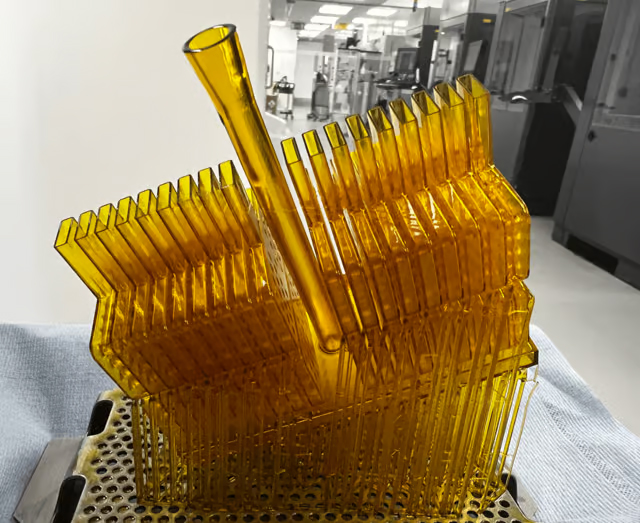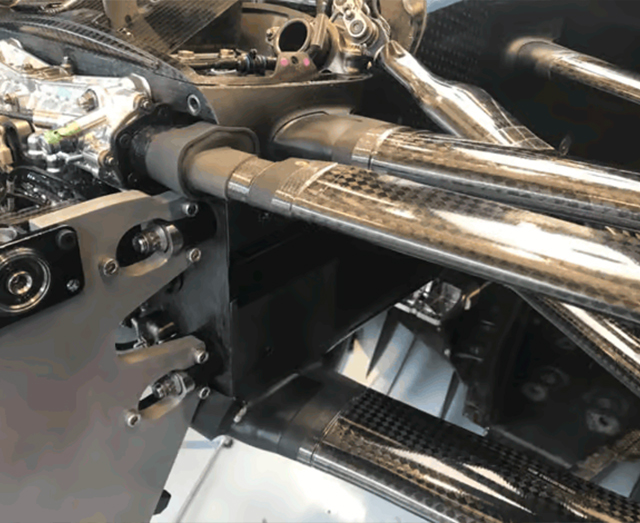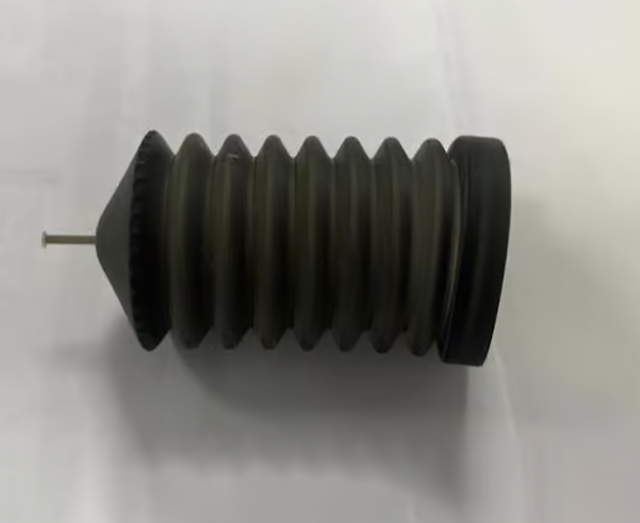BWT Alpine F1® Team full speed ahead with 3D printing
Formula 1 team accelerates development of functional prototypes: only 90 minutes to make 3D injection molds
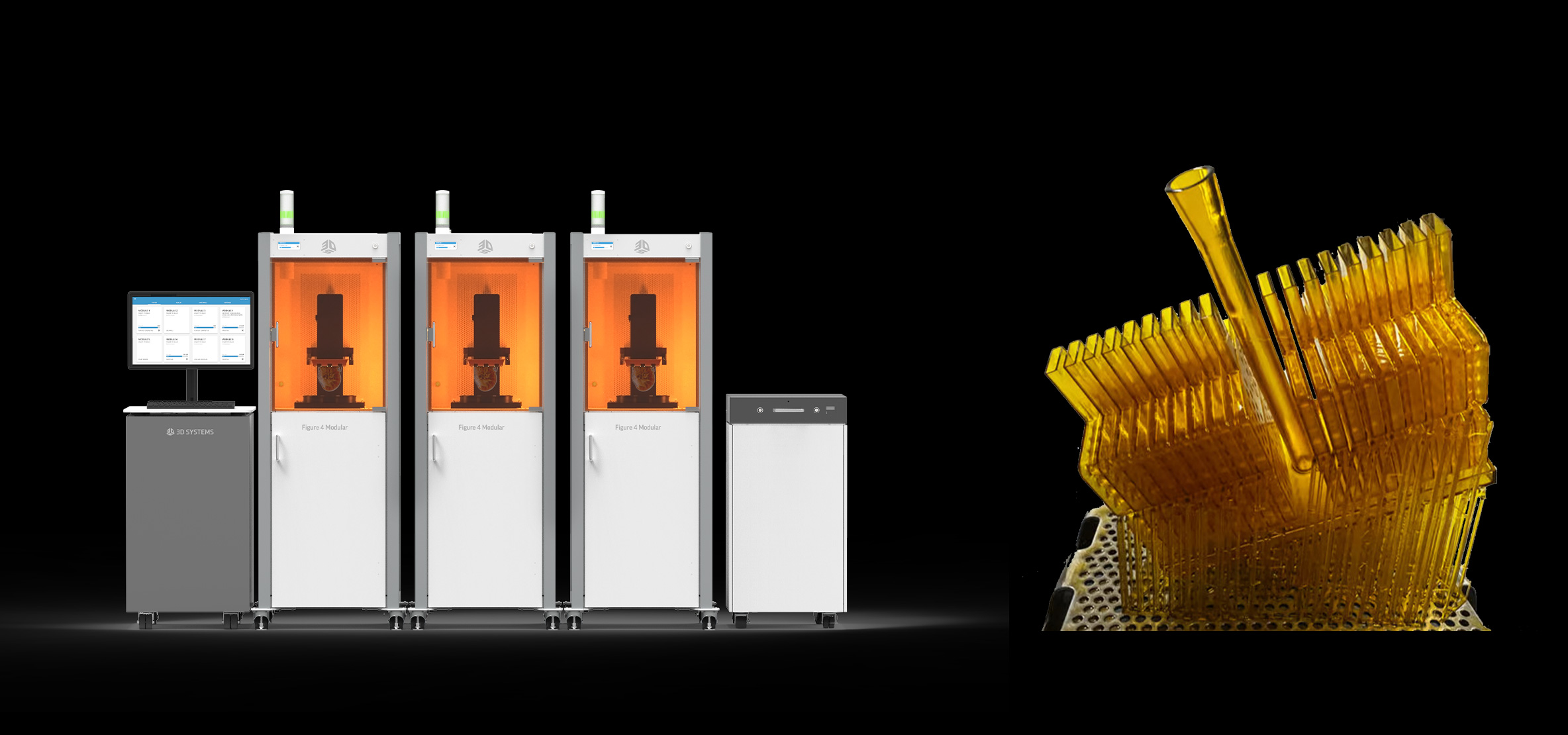
BWT Alpine is a team that specializes in making racing cars for Formula 1 and oversees the production of all the parts that go into making its cars, starting from prototyping to the development of new designs and ending with test drives on the track.
Between one championship and the next, the research and development team has only a few months to pursue the study of new components so it was necessary to find a method to increase the speed of the individual component testing process.
BWT Alpine must develop and test with extreme speed, first in the wind tunnel and then on the track, a large number of different variants of components, assembling only those that return the best results. The few months between the end of one championship and the beginning of the next constitute a real challenge. In this short interval BWT Alpine engineers must put all new elements to the test. Therefore, it is essential to have a reliable system for getting the components they need in ever shorter time frames.
In particular, research into new production methods has focused on the soft bellows made of silicone and polyurethane materials that are fitted to racing cars. These elements are subjected to significant stresses during use and must therefore meet stringent strength and performance characteristics before being field tested.In the past, the only way to get the components injected was to make an injection mold machined with a machining center. For these orders, BWT Alpine referred to several machine shops, which took several days to machine and deliver the mold.
This dynamic did not allow engineers to smoothly manage workflows for testing new components, given the large number of different injection molds and materials to be tested each day. In essence, traditional mold production times do not allow for a quick enough response before the next test drive to validate variants.
The BWT Alpine team then took an additive approach to make the necessary molds for the wide variety of prototypes required in less time.
Thanks to the liquid resin 3D printer Figure 4 Modular from 3D Systems, BWT Alpine now makes disposable injection molds to quickly address this need. The versatility and ease of use make Figure 4 Modular the perfect tool for working in hectic conditions such as those imposed by the Formula 1 industry.
The Figure 4 Eggshell-AMB 10 material allows for sacrificial molds that are resistant to material injection pressure and high temperatures, so that the final injected object can be made in a single day.
With this approach, BWT Alpine can now produce molds directly in house, without having to go to outside suppliers. The lead time to get a functional prototype in hand has dropped from several weeks to just a few hours.
The Figure 4 Modular printer handles the production of the sacrificial injection mold with Eggshell-AMB 10 material, which is designed specifically for injection molding because of its rigidity, resistance to high pressures and temperatures, and ease of removal of the object at the end of the process. Silicone or polyurethane is injected inside the mold, and once the material has solidified, the outer mold is broken, releasing the finished component ready for road testing.
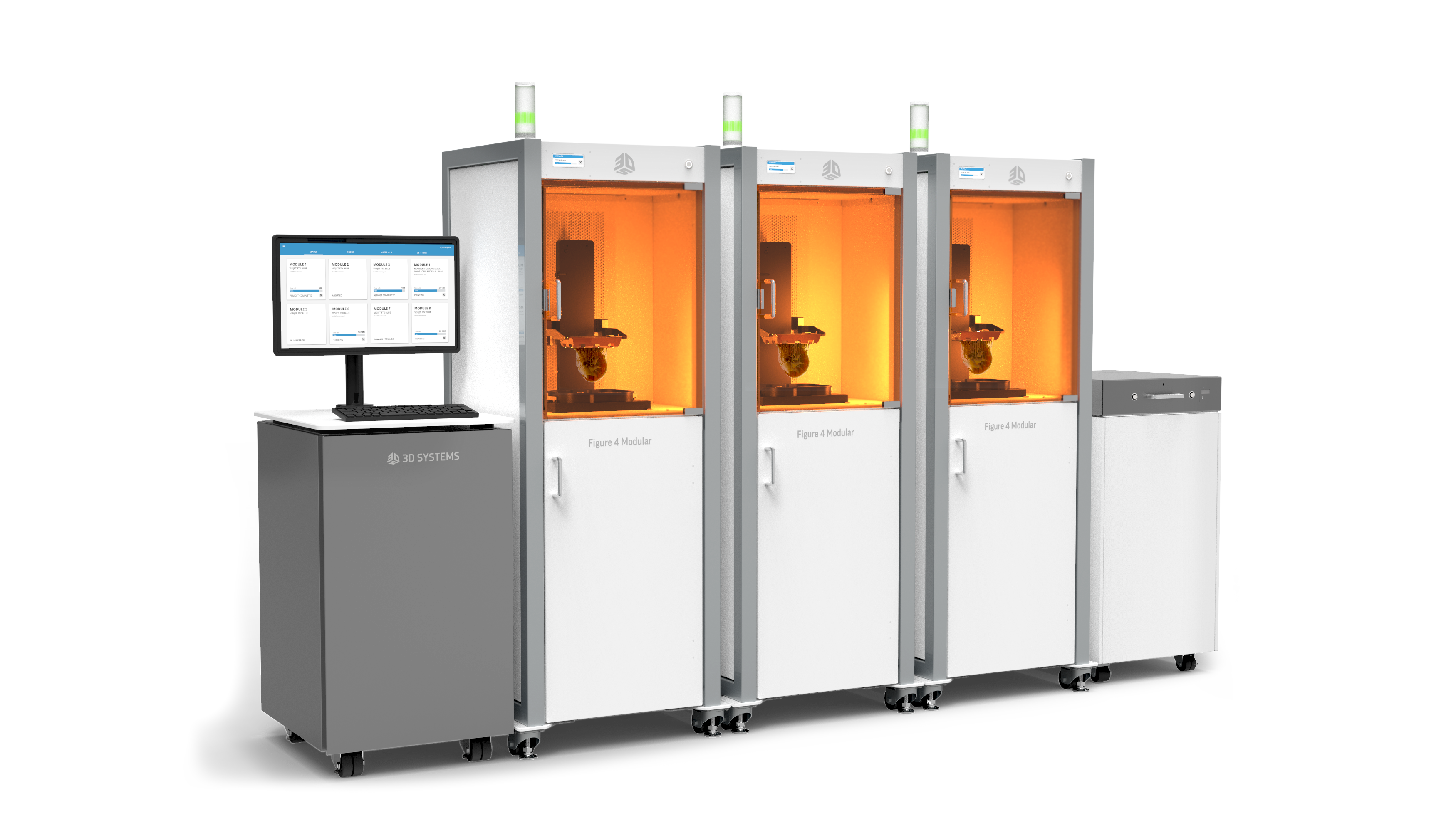
The benefits gained from 3D printing at BWT Alpine
-
The reduction in production time: today it takes only 90 minutes to make washers and sealing elements for cars. Making them by casting mold or classic machining would have taken several days, if not more than a week.
-
The flexibility to deal with a large number of different processes and materials through the use of the sacrificial mold, into which different soft, ceramic and metallic materials can be cast to perform all the necessary tests.
According to Pat Warner, production manager, the real advantage represented by this type of production is related to the versatility of the molding process.
Warner comments, “We have an immense range of materials and can use virtually all of them within a day. I can’t imagine any other way to produce so many different components“.
-
The simple workflow that consists of sending the 3D file to the 3D Sprint program from which the print job is launched and the process is finished by moving on to the stage of cleaning the sacrificial mold by immersion in a cleaning agent. At this point the sacrificial mold is ready to receive the injected material. In total, the process takes one day.
-
High performance respected even in harsh environments. The formula 1 industry requires that very high performance standards be maintained: during races and field tests the cars are subjected to significant stresses, both in terms of temperature and mechanical strain. In Warner’s words, “It is a terrifying environment to put something new into, and we are constantly striving for perfection. We have to make sure that all parts perform their function as expected.”
The surface quality of the finished parts achieved with the 3D fabricated molds allows for high aerodynamic performance even on parts with very complex shapes.
3DZ: an experienced partner
3DZ is a reseller of the best brands of printers of different technologies: this allows us to offer companies support in choosing the solution that truly suits their needs. Want to submit your need to one of our 3D printing experts?
Contact us to schedule an appointment.


